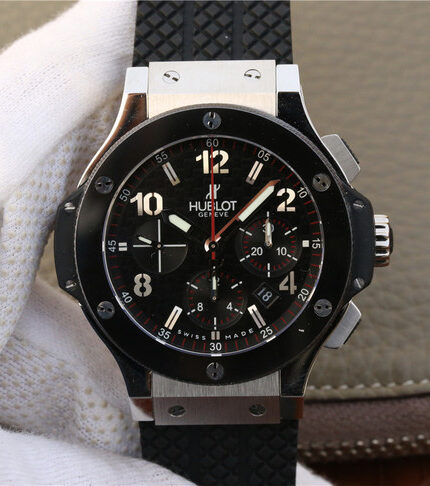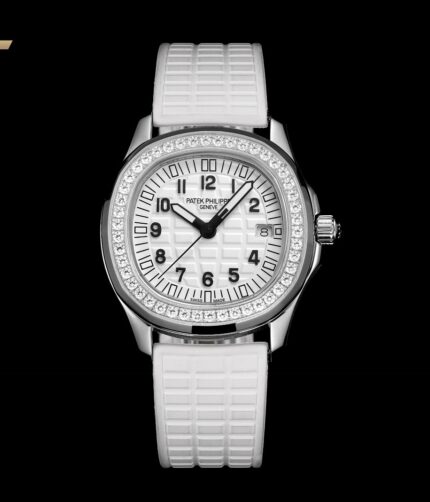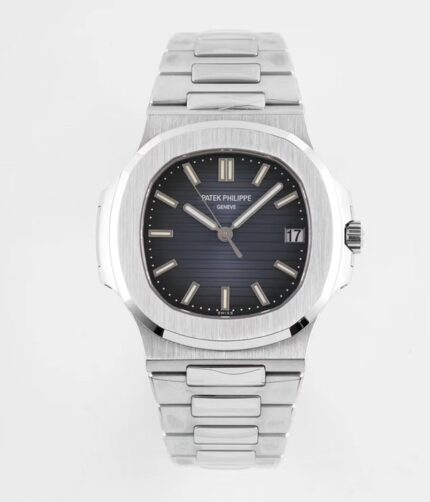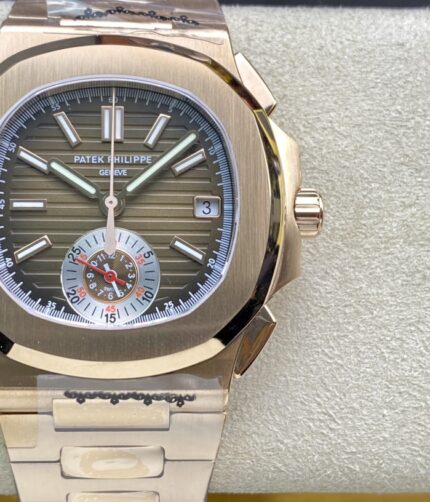In a world where luxury items like Breitling watches hold significant allure, the decision to purchase a fake version raises ethical questions that cannot be ignored. The legality of such transactions often clashes with the desire for the prestige associated with luxury brands. This article will delve into the complex ethics surrounding the buying and selling of fake Breitling watches, exploring the implications of these transactions on both individuals and the broader market. Join us as we navigate the haze of counterfeit goods and strive to make informed choices in an increasingly intricate consumer landscape.

Unveiling the Allure of Breitling Watches: A Symbol of Luxury and Prestige
Breitling watches have long been synonymous with precision engineering, exquisite craftsmanship, and a touch of sophistication. These timepieces are not just instruments for telling time; they are symbols of status, elegance, and luxury. The allure of owning a Breitling watch lies in its reputation for quality, style, and exclusivity. It’s no wonder that many aspire to own one, but the high price tag can be a barrier for some.
The Ethics of Counterfeiting: Unpacking the Moral Dilemma
Counterfeiting, or the production of fake watches replicas of branded products, poses a significant ethical dilemma. When individuals purchase counterfeit Breitling watches, they are not only engaging in illegal activity but also contributing to a thriving underground economy built on deceit. The moral implications of supporting counterfeit goods extend beyond the act of buying a fake watch; it affects the integrity of the luxury industry as a whole.

The Legal Landscape: Understanding the Consequences of Fake Breitling Transactions
From a legal standpoint, the trade of counterfeit goods is a clear violation of intellectual property rights and trademark laws. Those involved in the production and distribution of fake Breitling watches can face severe legal consequences, including fines and imprisonment. As consumers, it’s essential to be aware of the legal risks associated with purchasing counterfeit products and to understand the repercussions of supporting illicit trade.
Impact on the Market: Exploring the Ripple Effects of Counterfeit Sales
The presence of counterfeit Breitling watches in the market not only undermines the brand’s reputation for authenticity but also dilutes the value of genuine products. The influx of fake replicas can lead to a decrease in consumer trust, impacting the sales and profitability of legitimate businesses. Moreover, the proliferation of counterfeit goods can harm the economy by depriving companies of revenue and tax income.
Navigating the Gray Area: Ethical Considerations for Consumers
As consumers, navigating the gray area of counterfeit goods requires a discerning eye and a commitment to ethical consumerism. It’s essential to question the authenticity of products and to resist the temptation of purchasing fake luxury items. By making informed choices and supporting genuine brands, consumers can contribute to a more transparent and ethical marketplace.

Making Informed Decisions: Guidelines for Ethical Purchases
When it comes to purchasing luxury items like Breitling watches, there are several guidelines to follow to ensure ethical consumer behavior. Firstly, research the seller and verify the authenticity of the product through authorized retailers. Secondly, consider the price; if it seems too good to be true, it probably is. Lastly, trust your instincts and prioritize integrity over the allure of owning a counterfeit product.
Concluding Thoughts: Reflections on Ethical Consumerism in the Luxury Market
In conclusion, the ethics of fake breitling for sale transactions go beyond the legality of buying counterfeit goods. It’s about upholding moral principles, supporting genuine craftsmanship, and fostering a culture of ethical consumerism. By understanding the implications of our purchasing decisions and making informed choices, we can navigate the complexities of the luxury market with integrity and mindfulness. Let’s strive to choose authenticity over deception and contribute to a marketplace built on trust and transparency.


















